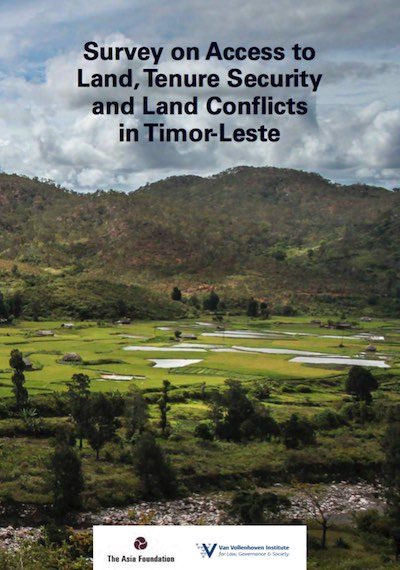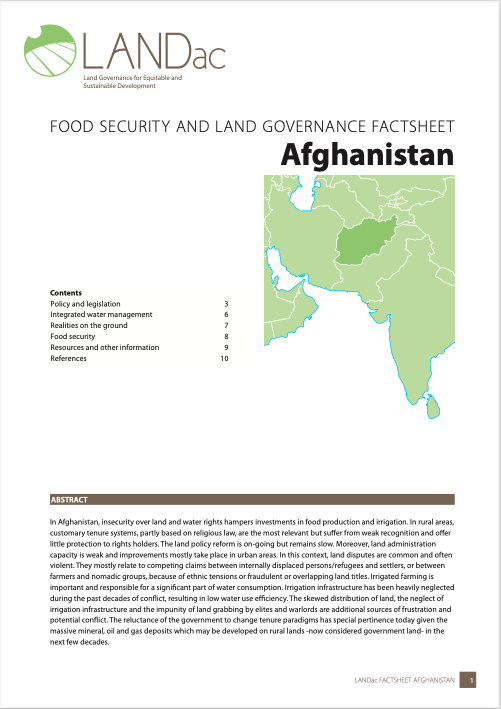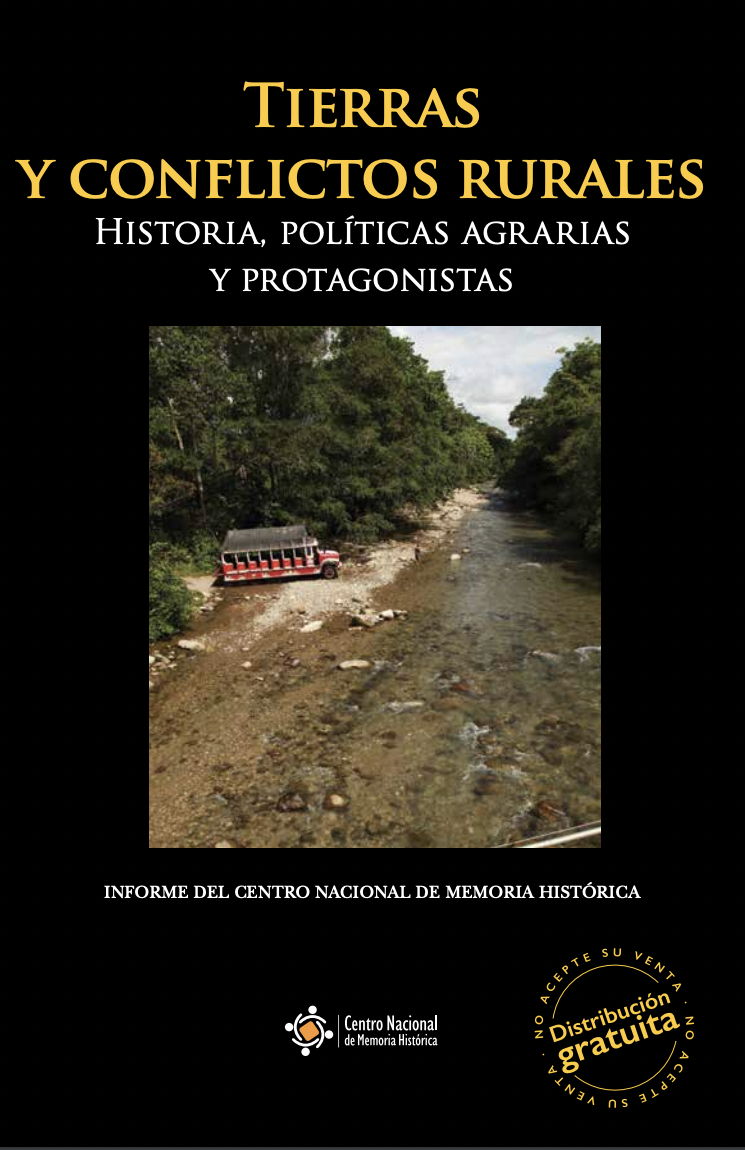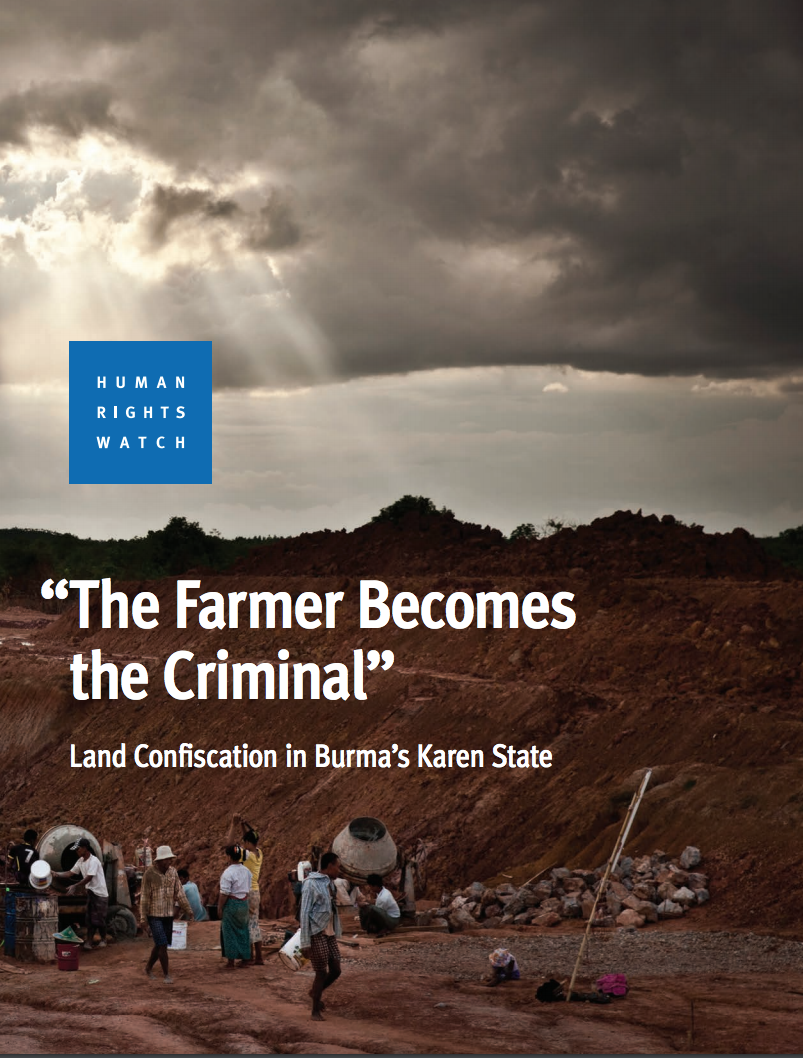Survey on Access to Land, Tenure Security and Land Conflicts in Timor-Leste
This study aimed to pilot an innovative land survey to provide quantitative data regarding landrelated issues in Timor-Leste, in order to support the Timorese government and parliament in developing evidence-based land policies and legislation, as well as more informed advocacy of civil society. The results of this pilot in the municipalities of Dili (urban area only), Ainaro, and Ermera provides relevant evidence regarding access to land, land tenure security, and land related conflict, as well as on the specific policy options taken in the current draft Land Law Package








